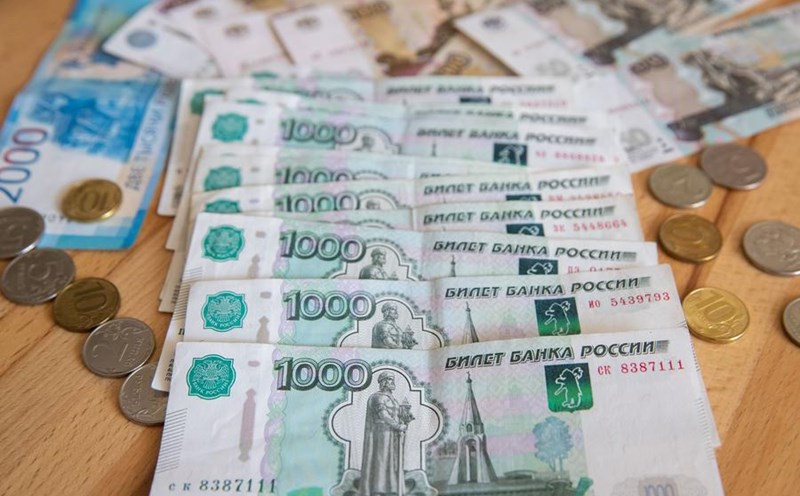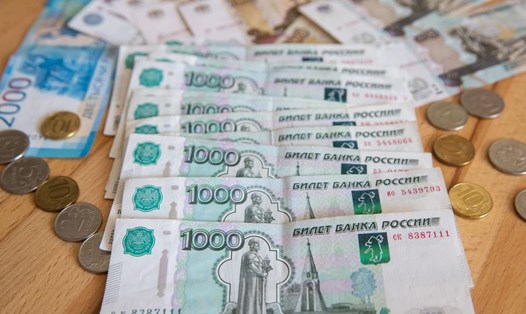Since mid -January, USD has decreased by 9% compared to the international currency basket, marking the deepest weakness in 3 years. But what makes economists more worried is not the number, but a deep cause behind the decline - an alarm signal: Losing confidence in American green silver coins.
The USD is not just a currency, it is a tool of power. For decades, the dominance of the US dollar in cross-border transactions and its role as a safe haven for global investors have allowed Washington to borrow cheaply, spend heavily, and impose financial sanctions on countries.
That is something economists call an "exorbitant privilege" - a privilege that no other country has. But now, that privilege is shaking. AP quoted Professor S.Barry Eichengreen, University of UC Berkeley, as saying that global confidence in the US dollar has been built for more than half a century. But it can collapse in the blink of an eye.
The dollar is depreciating in a strange game. Normally, when the US imposed on import taxes, the demand for foreign goods decreased and the US dollar would strengthen due to the recovery of trade balance. But in the recent taxpayer by President Donald Trump's administration, the opposite happened - the dollar weakened quickly.
Experts say this is not simply a market reaction to tax policy. Instead, it is a manifestation of a crisis of confidence in the US's ability to operate the macro economy - from public debt management, inflation, to the independence of the US Federal Reserve (FED).
According to Deutsche Bank, the "safe balance" of the USD is eroding. Capital Economics warned: "It is no longer an exaggeration to say that the USD's global reserve position is being questioned."
The depreciation of the US dollar has caused import prices to escalate - not only because of tariffs, but also because of weak currencies. That means American consumers have to pay more for French wine, German cars or Korean electronics.
If confidence in the US dollar continues to weaken, consumer loan and mortgage rates could spike, as financial institutions are forced to increase risk compensation.
The US federal debt has now reached 120% of GDP, a level that could have caused an immediate financial crisis if it had occurred in any other country.
Meanwhile, many countries have promoted non-dollar trade, in a process known as de-dollarization.
Even currencies like Bitcoin are being seen as a potential replacement for the US dollar in the future. BlackRock president Donald Fink warned: If the budget deficit continues to grow, the US could lose its position in the hands of digital assets.








